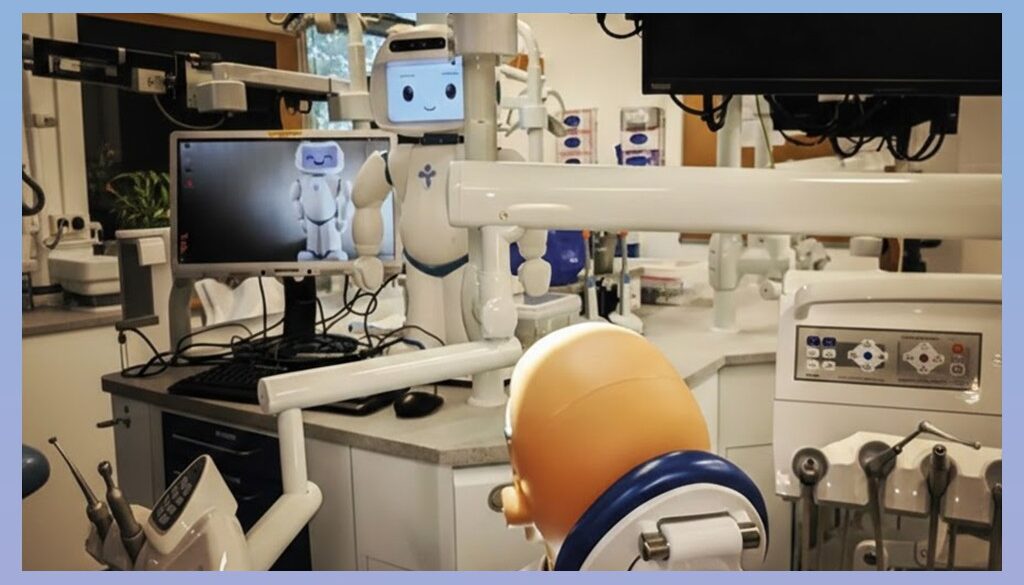
Summary:
A new study in the British Dental Journal explores how social robots could transform dental care, especially for patients who experience anxiety, autism, or intellectual disabilities. These robots can help reduce stress, guide patients through procedures, and support decision-making in clinics.
Early research shows promising results—such as calmer children and better patient cooperation—but large-scale adoption is still limited. The article highlights important challenges, including the need for stronger clinical evidence, clearer legal and ethical guidelines, and improved data security.
To understand patient expectations, the authors conducted a small user study on two-factor authentication in social robots. The findings show that while patients value strong security, they also want simple, transparent systems. Balancing robust cybersecurity with ease of use will be key as robots become more common in dental settings.
The authors conclude that future innovation must focus not only on robot design, but also on building secure, user-friendly systems that patients and clinicians can trust.
Reference:
https://www.nature.com/articles/s41415-025-8818-9